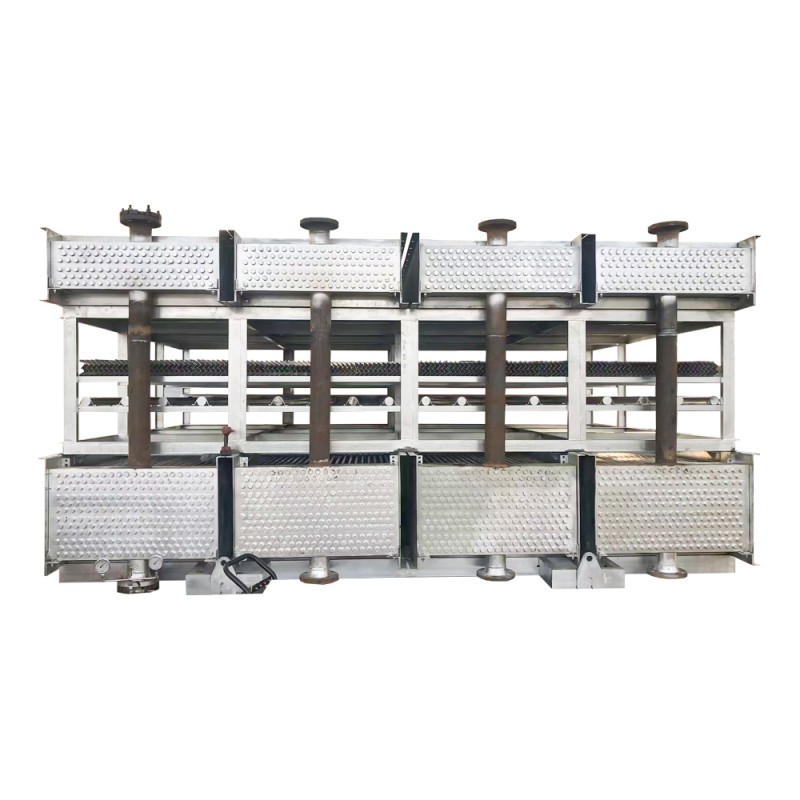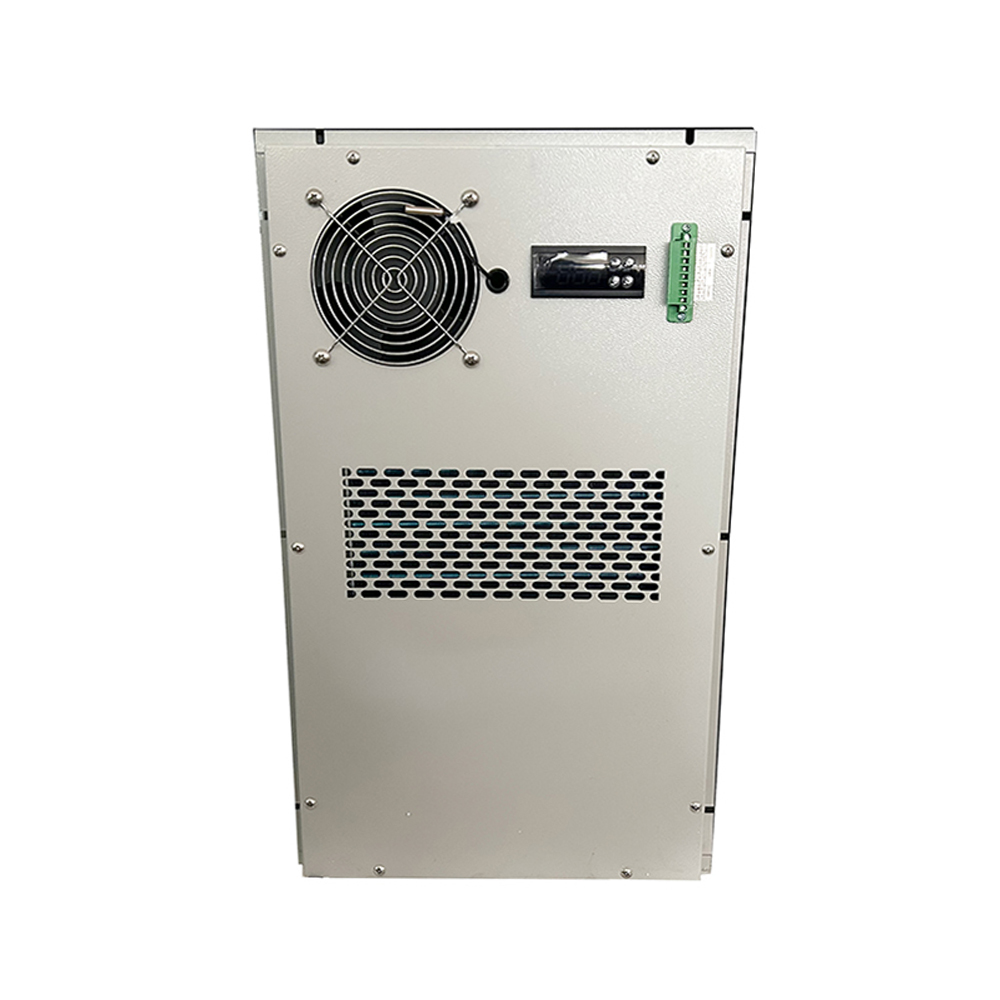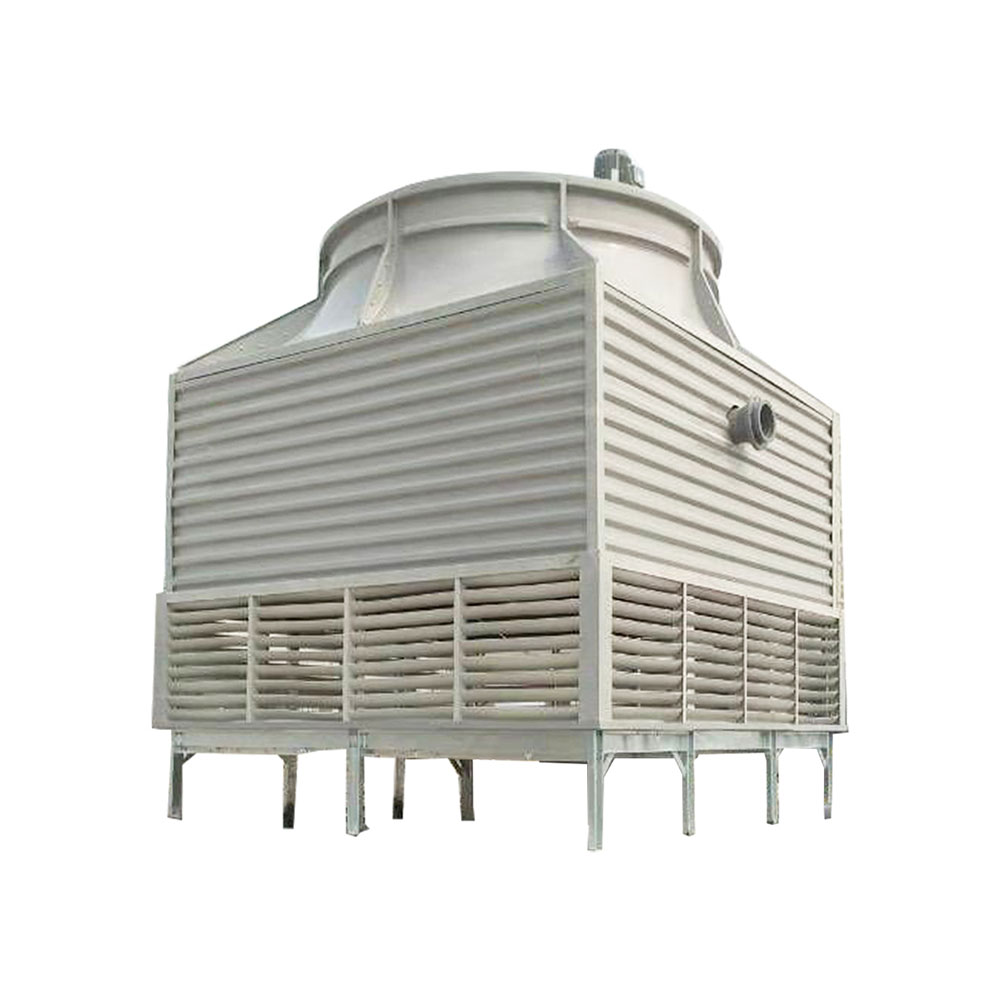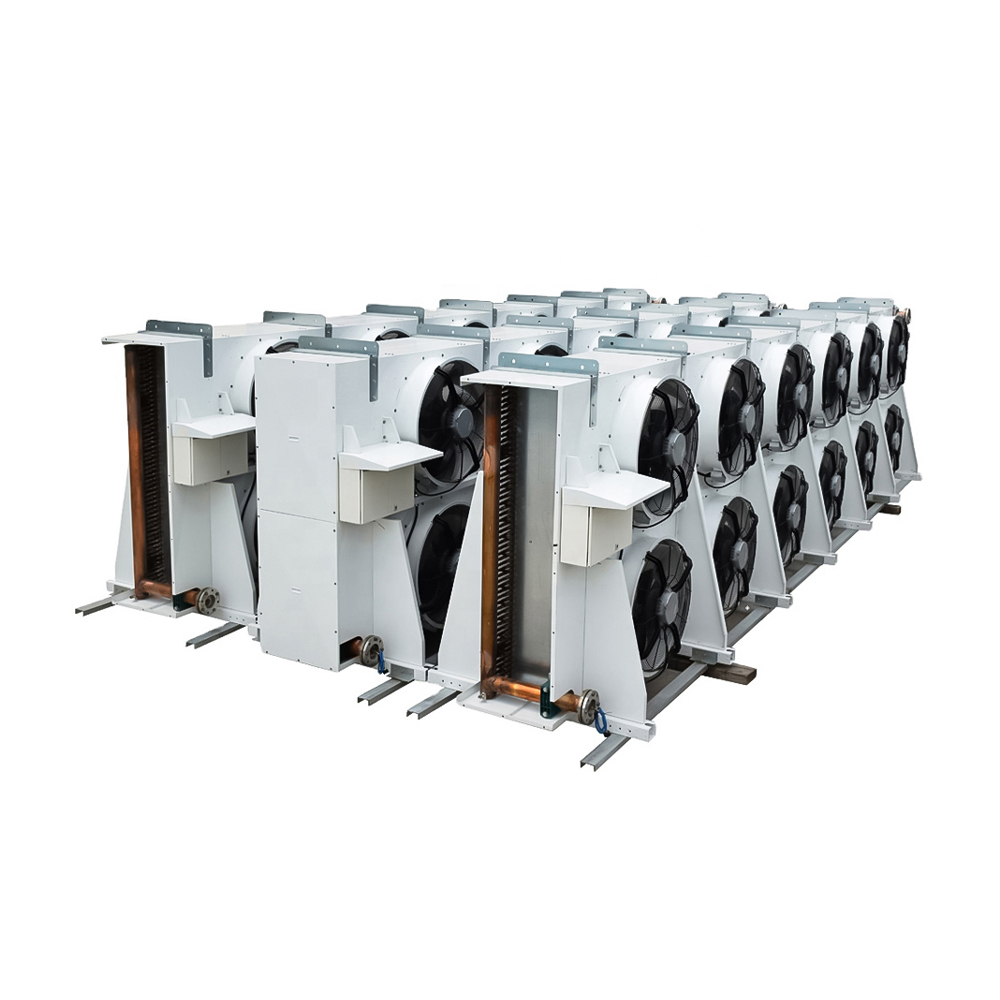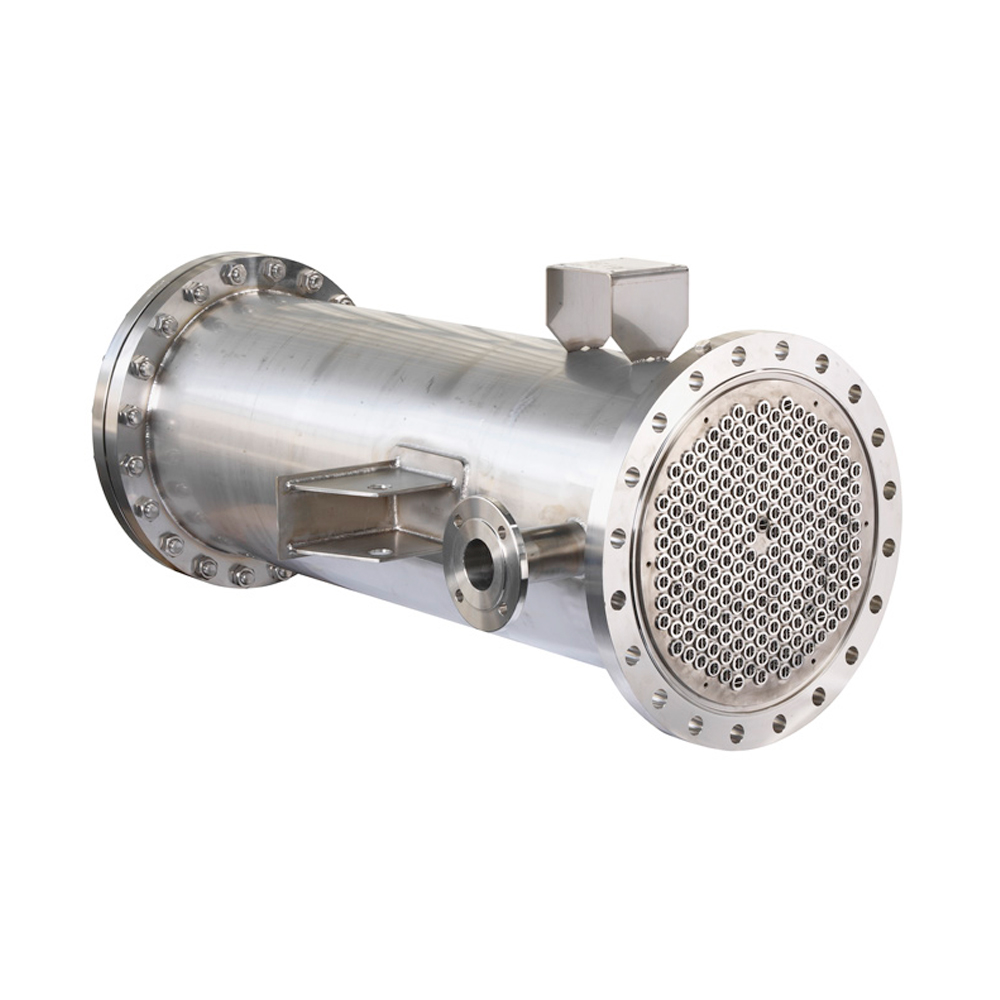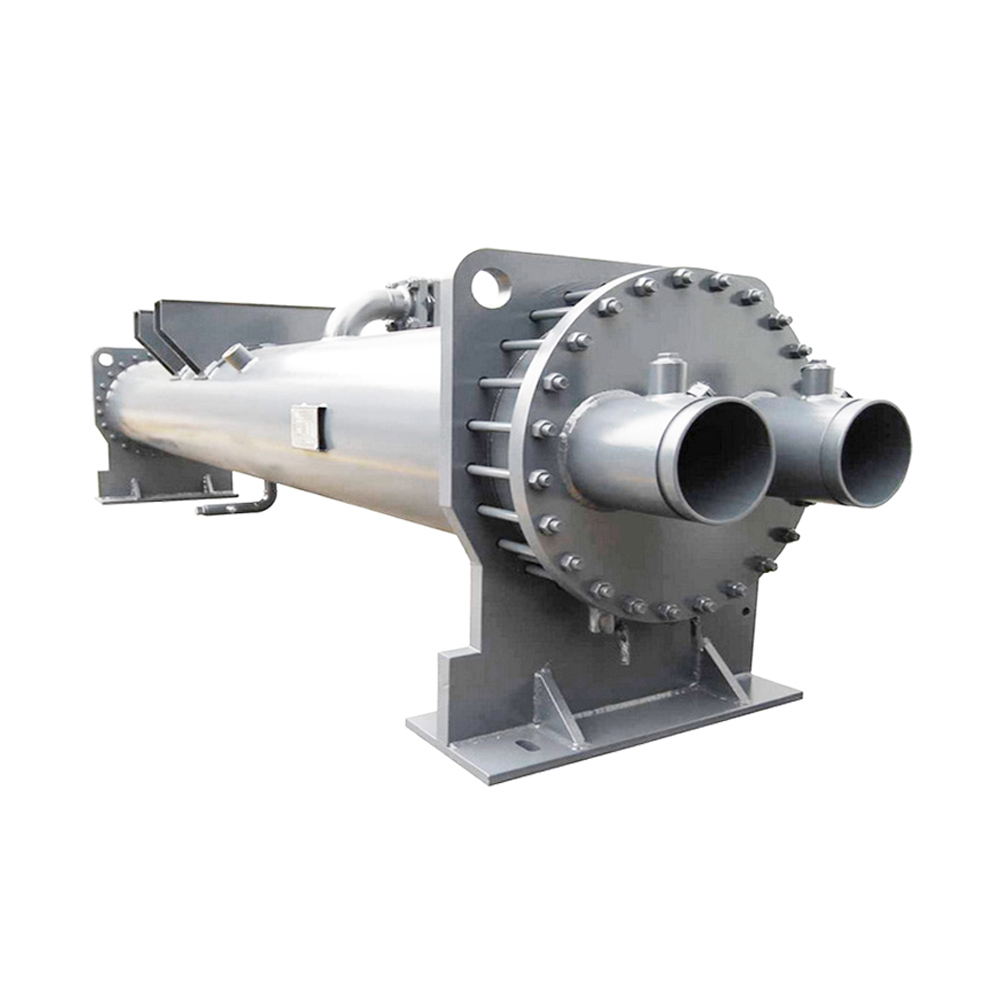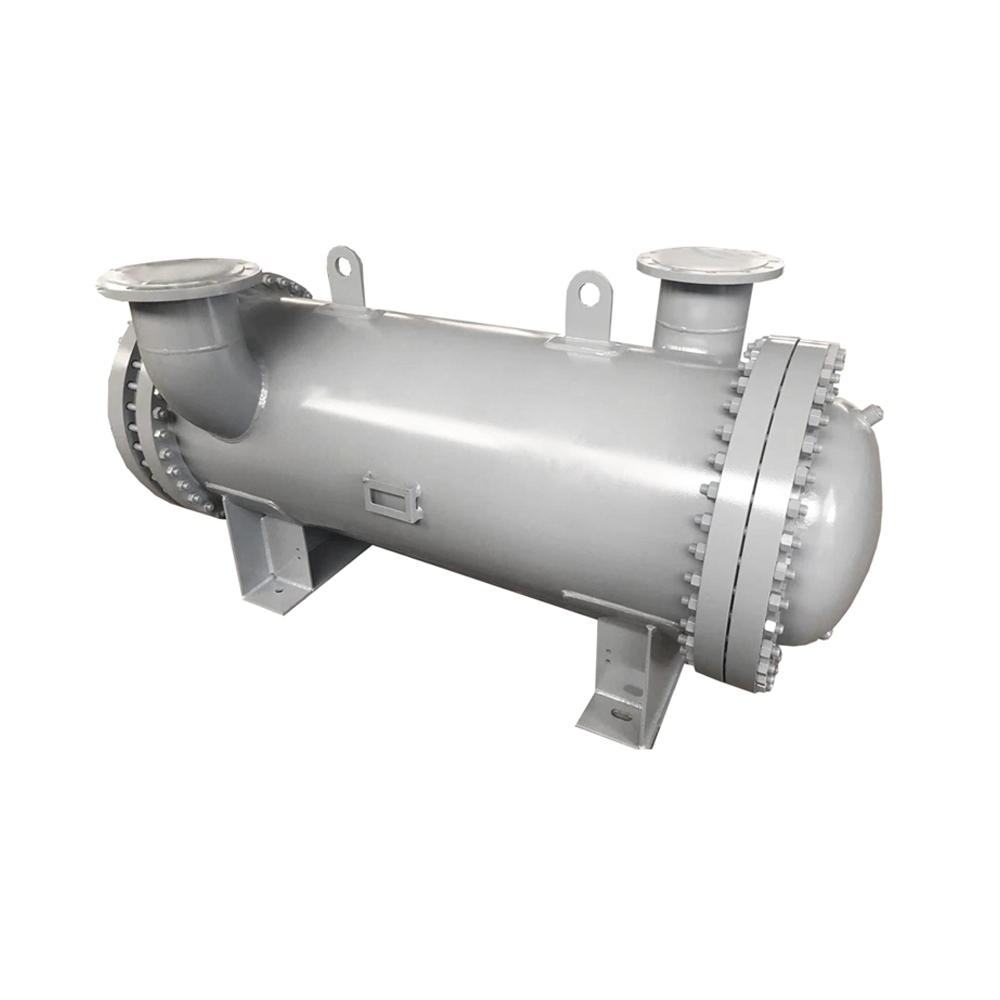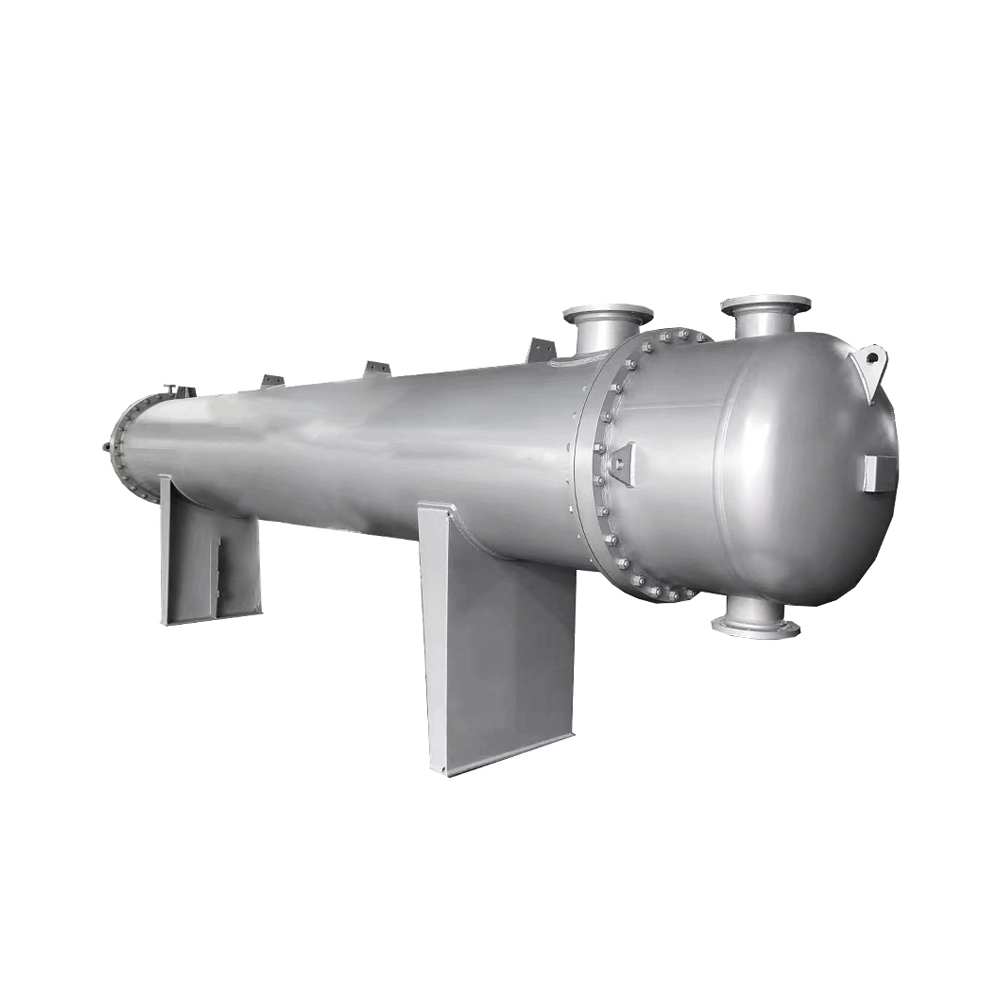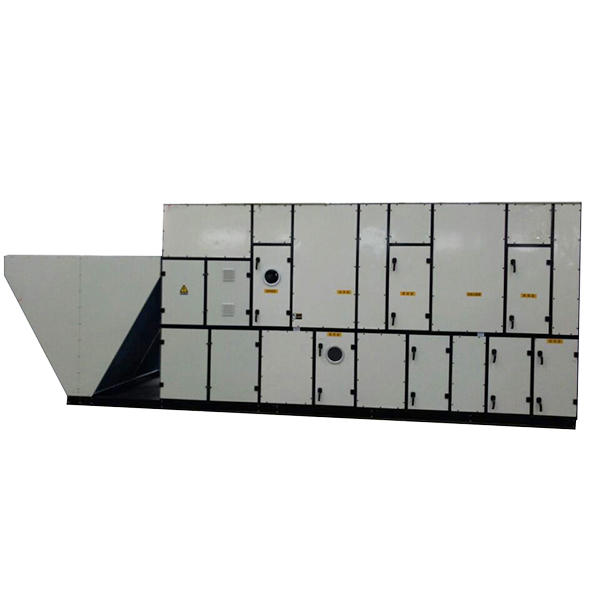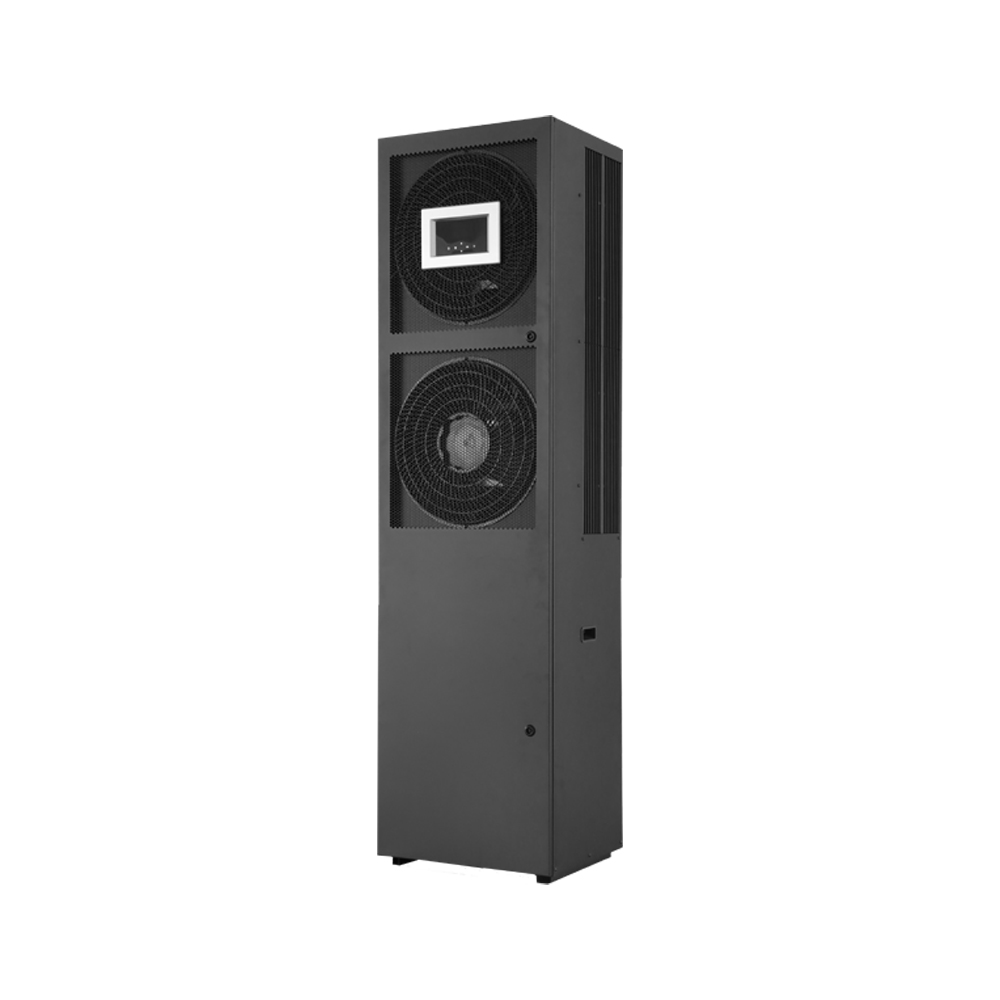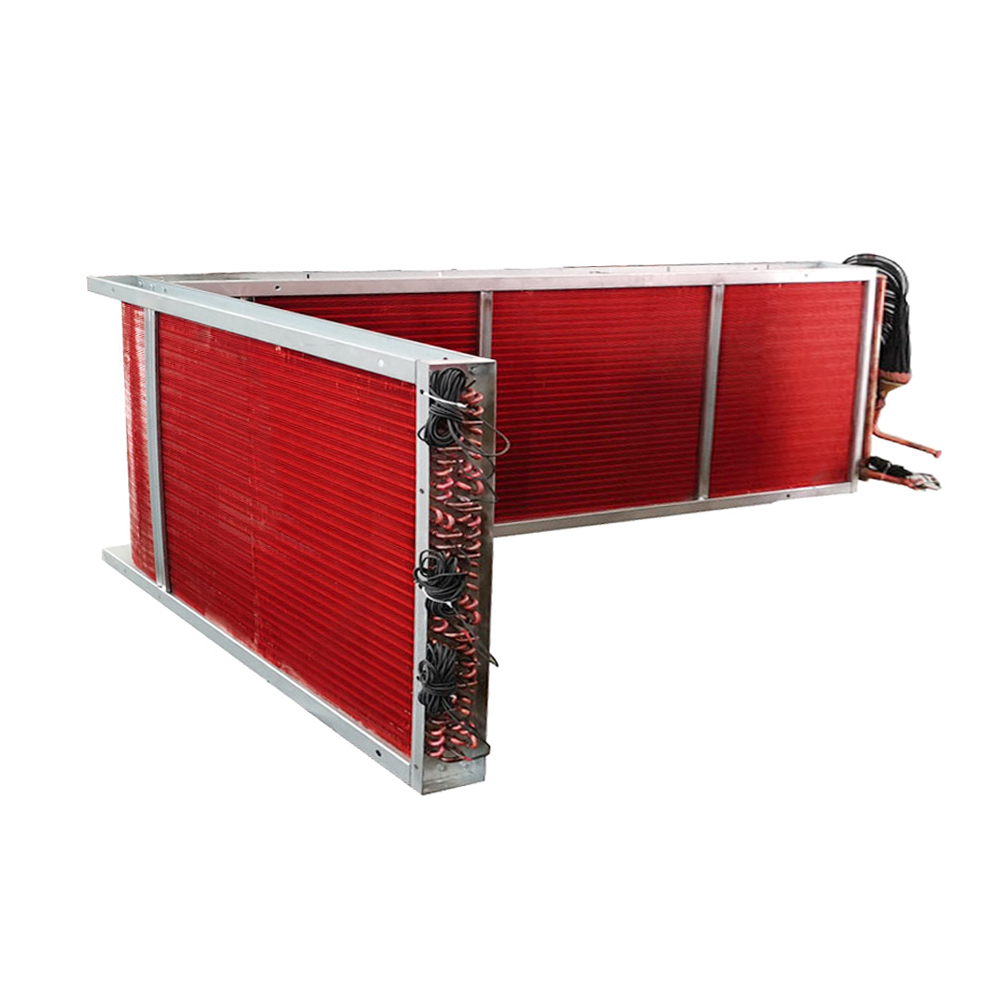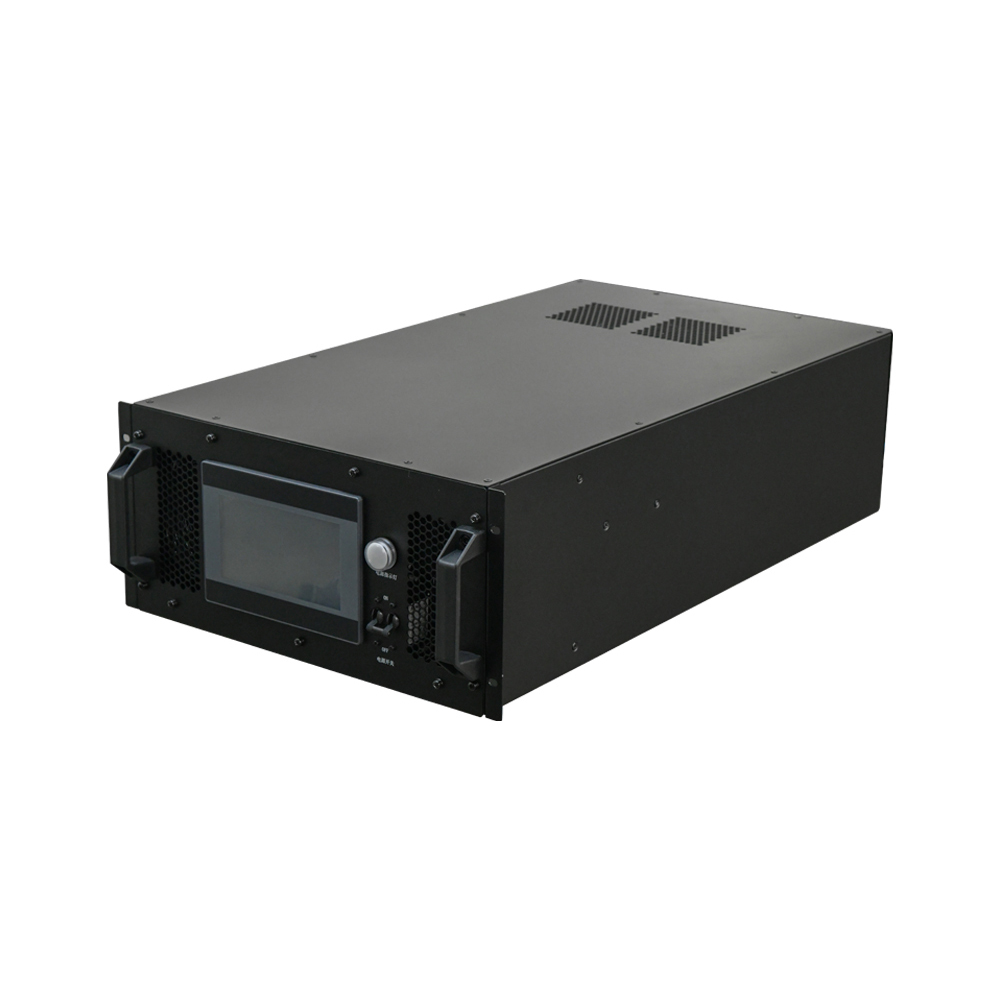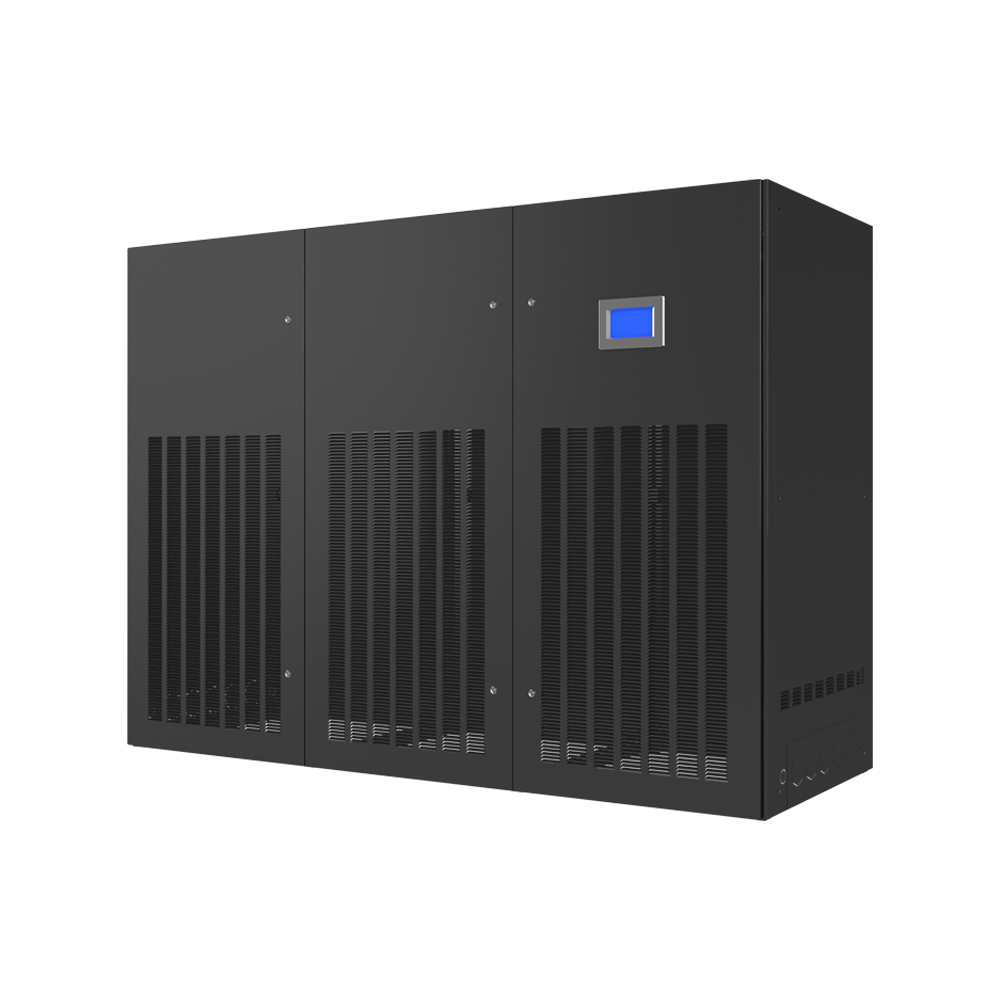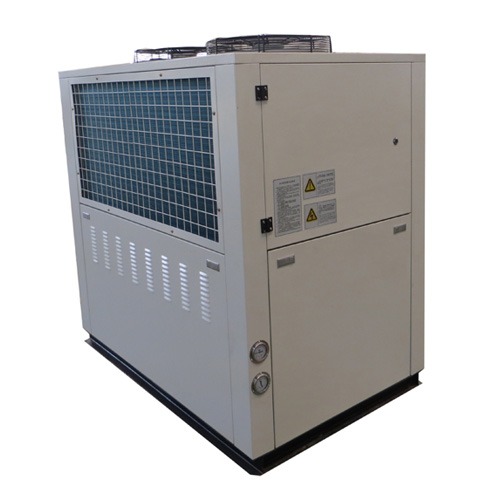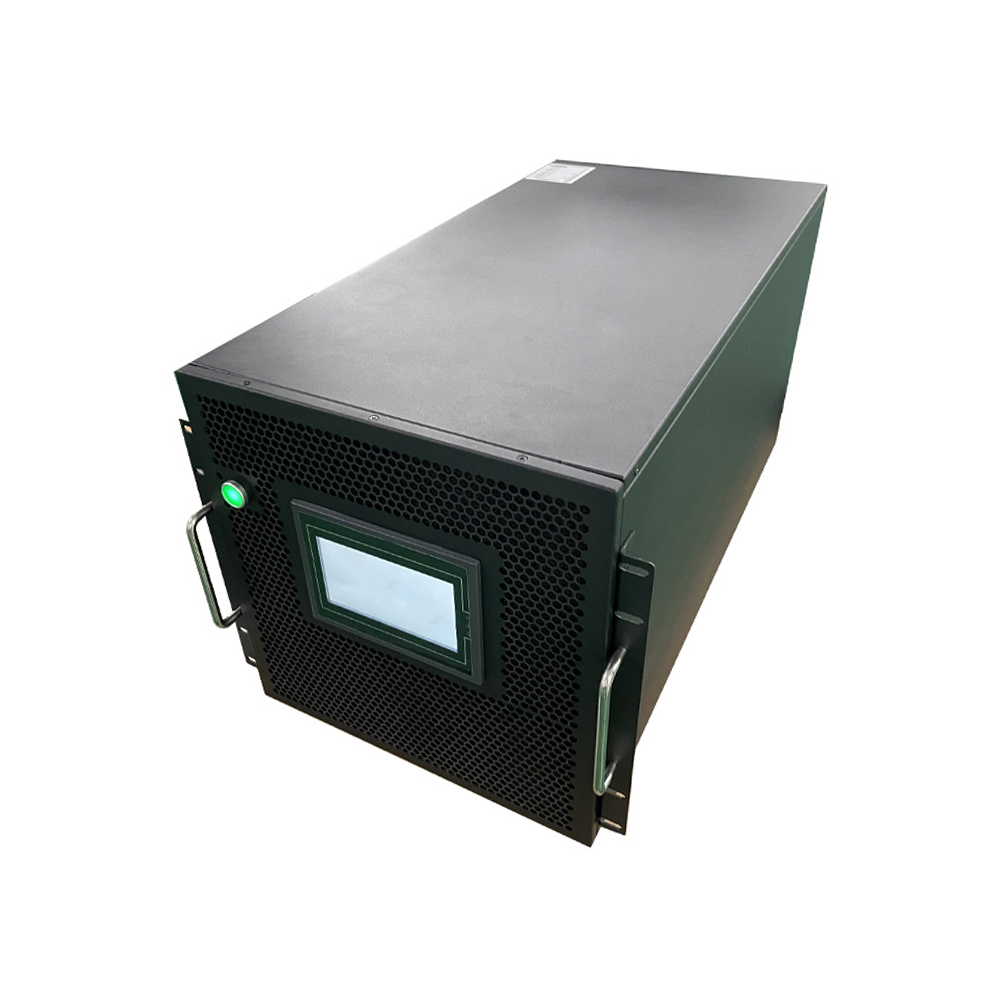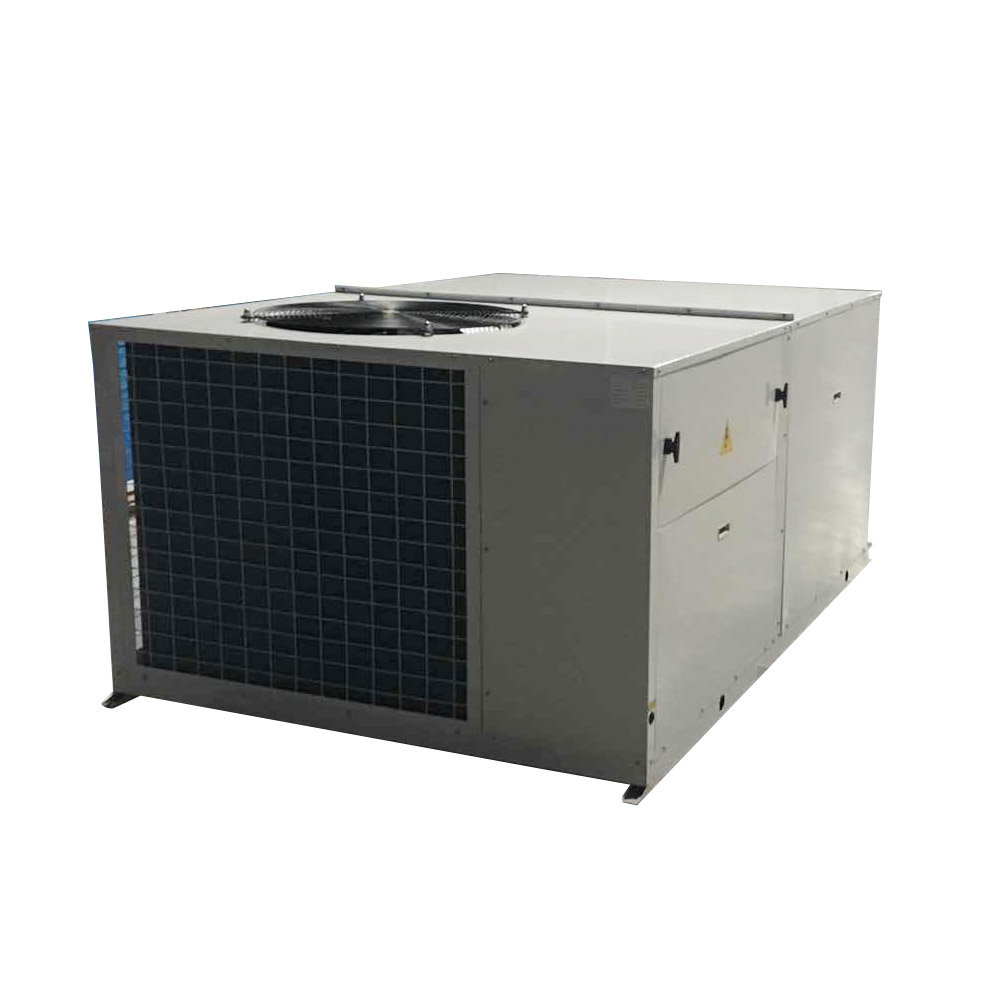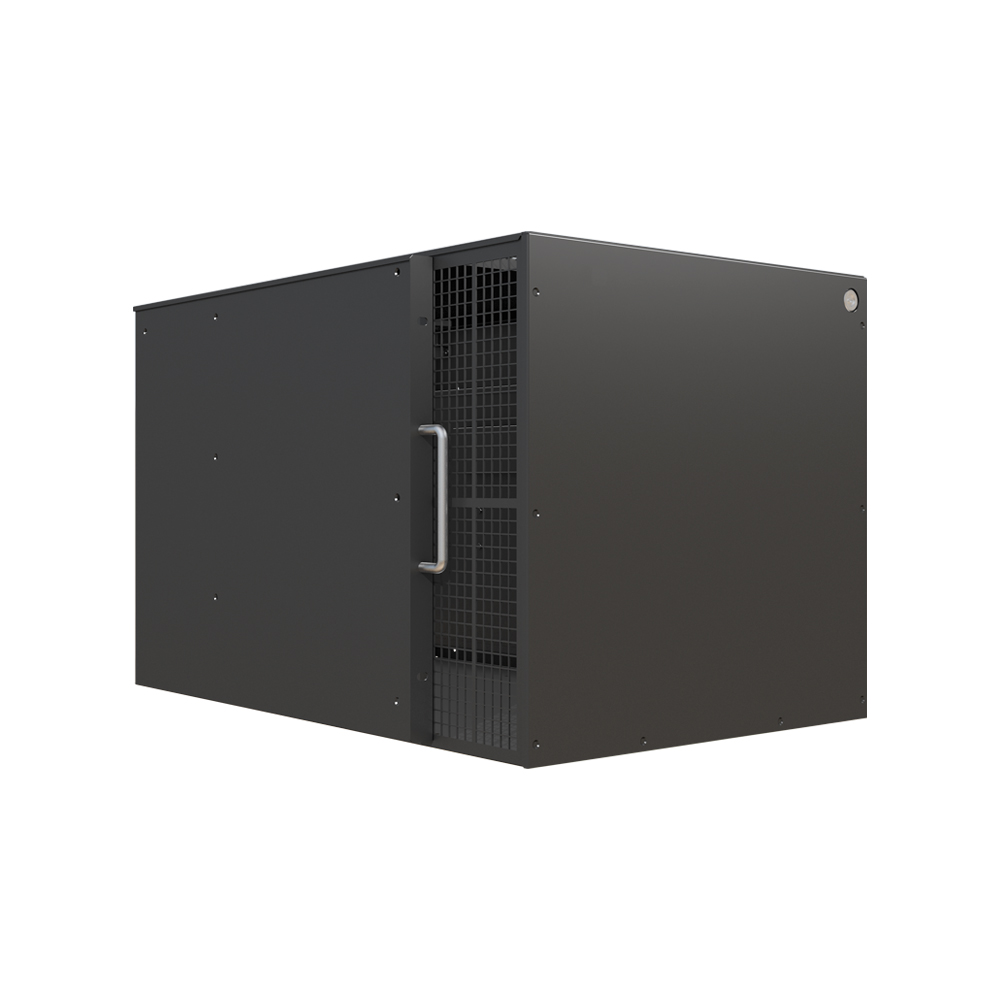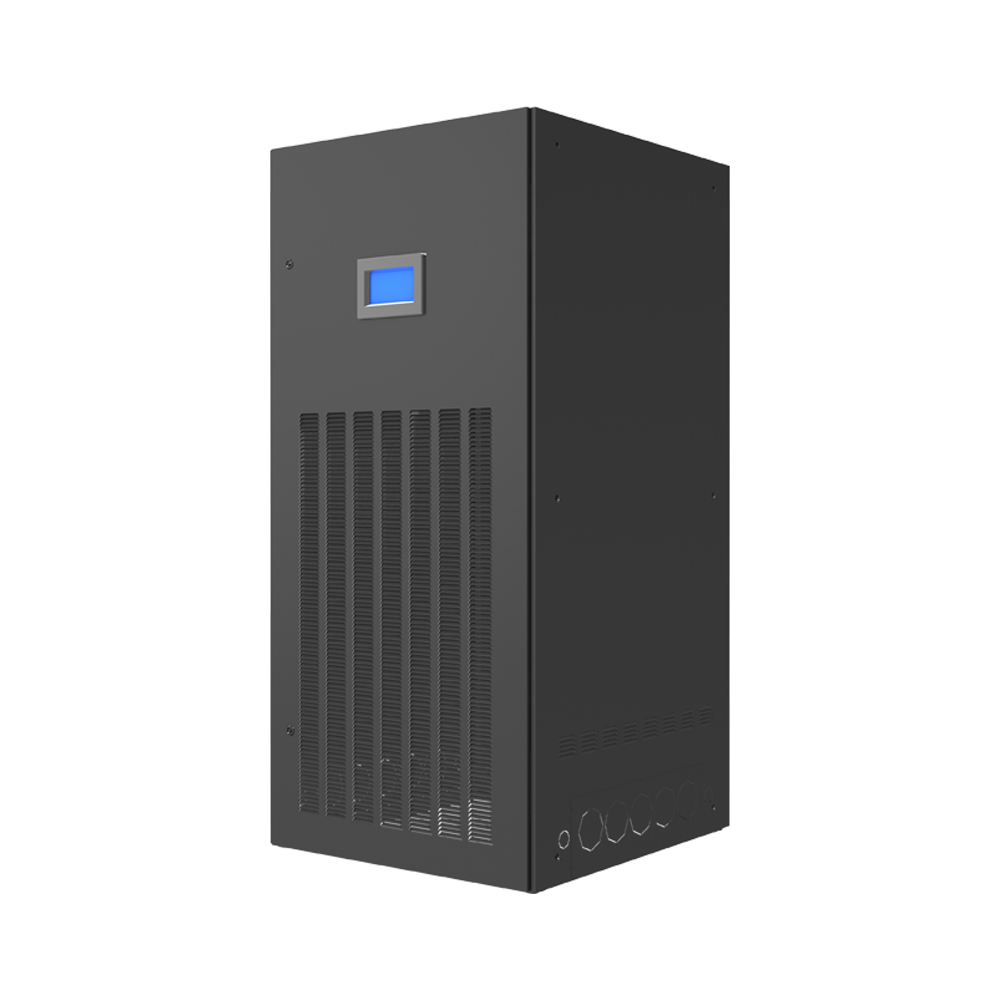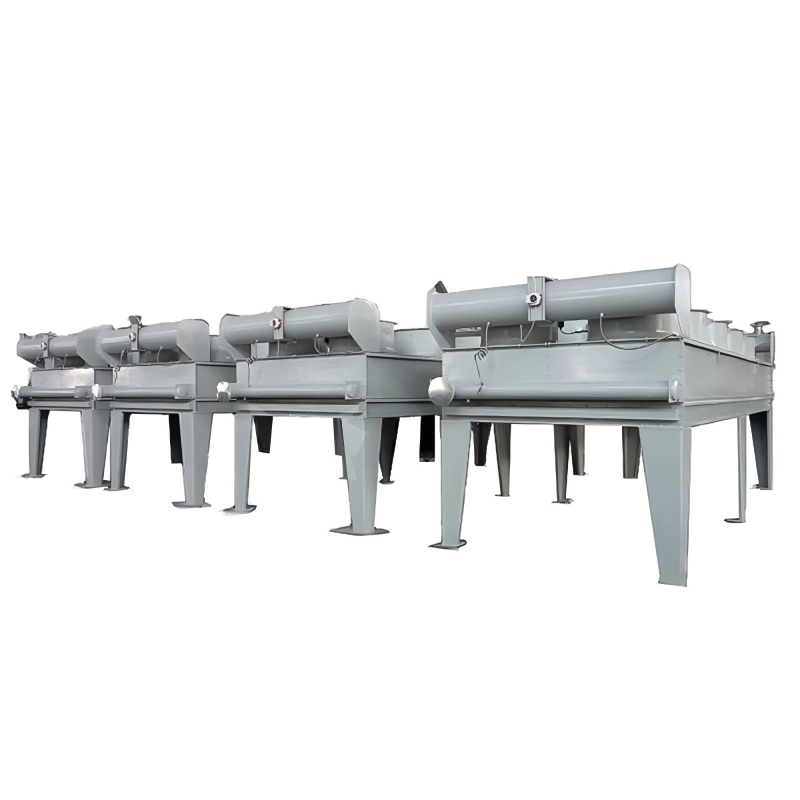Selecting the right air handlers supplier is crucial for ensuring efficient and reliable HVAC systems. This comprehensive guide will walk you through the process, helping you make an informed decision based on your specific needs and project requirements. From understanding various air handler types to evaluating supplier capabilities, we’ll cover all the essential aspects to consider.
Understanding Air Handler Types
Commercial vs. Residential Air Handlers
The first step is determining whether you need a commercial or residential air handler. Commercial units are generally larger, more powerful, and designed for continuous operation in larger spaces. Residential units are smaller, less expensive, and suitable for homes and smaller buildings. Consider your building's size, heating and cooling requirements, and budget when making this decision.
Different Air Handler Configurations
Air handlers come in various configurations, including horizontal, vertical, and packaged units. Horizontal units are commonly used in attics or crawl spaces, while vertical units are suitable for closets or mechanical rooms. Packaged units combine the air handler and other components in a single unit, simplifying installation.
Key Specifications to Consider
Capacity (CFM and BTU)
The capacity of the air handler, measured in cubic feet per minute (CFM) and British thermal units (BTU), should match the heating and cooling needs of your space. Underestimating capacity can lead to insufficient heating or cooling, while overestimating can result in unnecessary energy consumption and increased costs. Consult a qualified HVAC professional to determine the right capacity for your application.
Efficiency Ratings (SEER and EER)
Energy efficiency is a critical factor. The Seasonal Energy Efficiency Ratio (SEER) and Energy Efficiency Ratio (EER) ratings indicate how efficiently the unit operates. Higher ratings mean lower energy bills and a smaller environmental footprint. Look for high-efficiency models to maximize your return on investment and reduce operational expenses.
Noise Levels
Noise levels are particularly important in residential and commercial spaces. Check the sound ratings (usually measured in decibels) to ensure the unit meets your noise tolerance requirements. Consider the location of the unit and its proximity to occupied areas. Shanghai SHENGLIN M&E Technology Co.,Ltd offers a wide range of quiet operating air handlers.
Evaluating Air Handlers Suppliers
Choosing the right supplier is just as crucial as choosing the right equipment. Look for suppliers with a strong reputation, extensive experience, and a wide selection of products to suit diverse needs. Consider factors such as:
| Factor | Description |
| Experience and Reputation | Check online reviews, testimonials, and industry accreditations. |
| Product Range | Ensure the supplier offers a variety of models and sizes to meet your specific requirements. |
| Warranty and Support | Inquire about warranty periods, maintenance services, and technical support availability. |
| Pricing and Payment Options | Compare prices from multiple suppliers and consider available payment options. |
Table 1: Key Factors to Evaluate When Choosing an Air Handler Supplier
Choosing the Right Air Handler for Your Needs
Ultimately, the best air handler for you will depend on your specific requirements. Factors such as building size, climate, budget, and energy efficiency goals should all be considered. Don't hesitate to consult with experienced HVAC professionals to get personalized recommendations.
Remember to research thoroughly and compare options before making a final decision. Selecting the right air handlers supplier and equipment is an investment in the long-term comfort and efficiency of your building.









